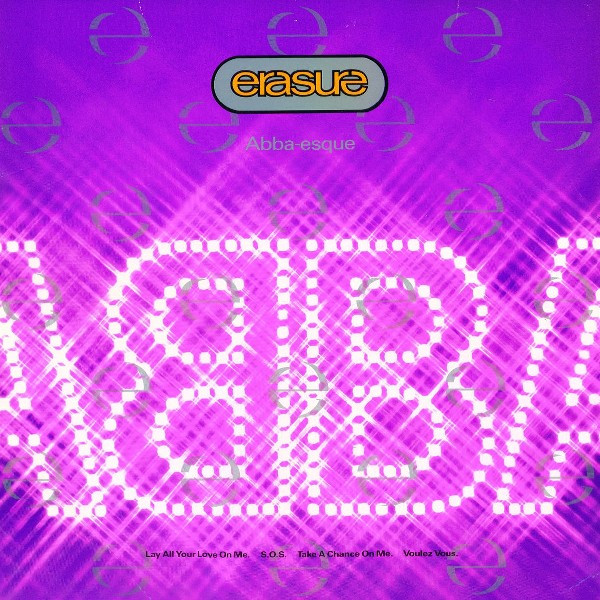I’ve enjoyed my journey through 1992, a year short on number one hits (just twelve) but a year that has valued quality over quantity. I’ve not actively disliked any of its chart-toppers, the worst I could say is that a couple have been fairly bland (yes, KWS, I’m looking at you). But before we wrap this year up, we have to grapple with its final hit. The year’s biggest-selling, longest-running #1…
I Will Always Love You, by Whitney Houston (her 4th and final #1)
10 weeks, from 29th November 1992 – 7th February 1993
The early nineties is the era of the soundtrack single. And it’s bookmarked by three songs-from-movies in particular, each of which got into double figures at the top of the charts. Enter Part II, then: Ms Houston, and the love theme from her blockbuster ‘The Bodyguard’. (And, as an aside, isn’t it interesting that both this and the earlier ginormous soundtrack #1 were from films starring heartthrob du jour Kevin Costner…?)
Anyway. First off, this record gets a lot of stick. It’s overblown, over-sung, overplayed… A misuse of Whitney’s undoubted talents. It also has the misfortune to be a cover – a cover of a wistful, tender original by the universally beloved Dolly Parton. Bryan Adams’ sixteen-week monster at least had nothing to compare it with… But is this stick justified? Does ‘I Will Always Love You’ deserve the hate…?
Well, yes. Let’s be honest, it’s rotten. A bloated whale corpse of a record. All the complaints I had about ‘Everything I Do (I Do It for You)’ – that it was too much, too serious, missing the tongue-in-cheek silliness that any good power-ballad needs – also apply here. Plus, this adds a teeth-grinding saxophone solo for good measure.
But what’s also annoying about this record is that for the first three minutes or so, it’s actually pretty dull. I compared Whitney’s most recent #1, ‘One Moment in Time’, to a couple of rounds in a boxing ring. She grabbed that tune, and pummelled the listener into oblivion with it. Ridiculous, of course; but I enjoyed the bombast. Yet on ‘I Will Always Love You’, she sleepwalks her way through the first couple of verses, with their gloopy production, and sleazy sax. Then comes the moment that everyone remembers when they think about this song: the pause, the drumbeat, and the rocket launch into the final chorus.
It’s like she knew that this song would be a millstone around her neck for the rest of her career, and thought ‘fuck it, we might as well have some fun’. Either that, or she foresaw that this would be murdered in karaoke bars from here to eternity, and so decided to make it impossible to copy, by going through her full repertoire of trills, belting, melisma… you name it. Because while you might disagree with her approach to this song – and I do – there’s no denying that the woman could sing. It’s an ending so aggressive, so over the top, that the ‘love theme’ becomes a stalker’s anthem: I-ee-ayye will always love you-hoo… (and there’s nothing you can do about it!)
This song stayed at number one for ten weeks – a total that Bryan Adams would have scoffed at, but that gave Houston the record for a female soloist. It made the top in late November, stayed there as Xmas #1, and was still there at the end of January to become my 7th birthday number one. (My ‘girlfriend’ at the time – we were in Primary 3 – liked to sing this to me as we walked home together…) Wikipedia lists it as making #1 in twenty-three countries, though I’m sure there were more. It set a new record for weeks at #1 on the Billboard chart, and remains the planet’s best-selling song by a female act… ever.
Yet here ends Whitney Houston’s British chart-topping career. From smooth jazz (‘Saving All My Love for You’), to dance pop (‘I Wanna Dance With Somebody’), to overblown power-ballads (the last two). Her chart career, though, was far from over, and in fact she would go on to release some her best records once her voice had deteriorated through age (and drug use), meaning she could no longer attempt ginormous ballads like this one. ‘My Love Is Your Love’, ‘It’s Not Right but It’s Okay’, and ‘Million Dollar Bill’, among others, are all great.
Whitney died in 2012, after a troubled life, aged just forty-eight. A sad way for one of the most technically gifted singers of all time to go. Among the tributes paid upon her death was one from Dolly Parton, whom the media had suggested wasn’t happy with Houston’s cover at the time. Parton thanked her for bringing her song to a wider audience (not to mention for the royalties that must have rolled in…)



















